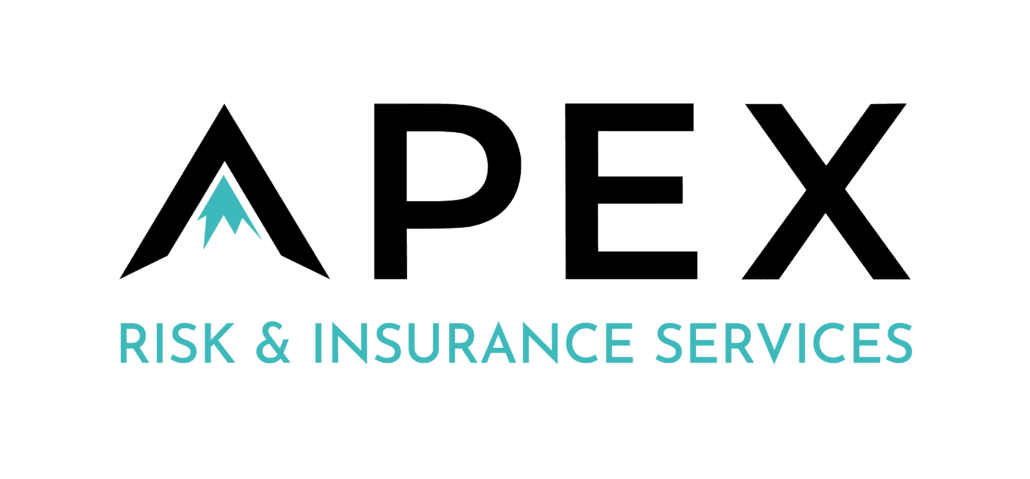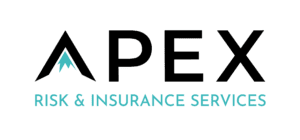Types of Insurance for Construction Companies
Running a construction company involves more than just building impressive structures—it also means managing risks. From unexpected property damages to workplace injuries, unforeseen events can throw a wrench into your projects and financial stability. That’s why having the right insurance coverage is crucial to protect your construction business and keep things running smoothly.
In this blog, we’ll explore the types of insurance every construction company should have to mitigate risks and ensure peace of mind.
General Liability Insurance:
Consider general liability insurance as the essential armor for your construction business. It acts as a protective shield, always ready to defend you against unexpected challenges and third-party claims. Whether it’s an unfortunate accident on your job site causing injuries or accidental property damage, this dependable coverage has your back.
By having this reliable armor in place, your business gains the confidence to tackle projects without fear of potential lawsuits and crippling financial losses. With the assurance of general liability insurance, you can wholeheartedly concentrate on what you do best—constructing remarkable structures and bringing great things to life for your clients and community. It’s a responsible and essential tool that empowers your business, ensuring you can navigate the construction world with confidence and peace of mind.
Workers’ Compensation Insurance:
Accidents happen, and when they do, workers’ compensation insurance comes to the rescue. It covers medical expenses, lost wages, and rehabilitation costs for injured employees. By providing support to your team members, you not only demonstrate your commitment to their well-being but also protect your business from potential legal tangles.
Commercial Auto Insurance:
Construction companies are always on the move, often with a fleet of vehicles carrying tools, equipment, and materials. Enter commercial auto insurance, the armor that shields your vehicles and drivers. Whether it’s a fender-bender or a major collision, this coverage steps in to handle the damages, liabilities, and everything in between. So, buckle up and ensure your construction company’s wheels are well protected.
Builder’s Risk Insurance:
When you’re constructing a masterpiece, there’s no room for Murphy’s Law. Builder’s risk insurance steps onto the stage to protect your work in progress. It covers damages to your construction site, materials, and equipment caused by fire, theft, vandalism, and even the occasional natural disaster. With this coverage, you can build with confidence, knowing that unexpected setbacks won’t derail your project.
Equipment and Tool Insurance:
In the construction world, your tools and equipment are your trusty sidekicks. They help you get the job done efficiently. That’s why having equipment and tool insurance is like having a safety net. Whether it’s a stolen jackhammer or damaged machinery, this coverage swoops in to save the day, ensuring you can quickly get back to work without breaking a sweat.
Professional Liability Insurance:
In a world where precision matters, even the best-laid plans can sometimes go awry. That’s where professional liability insurance comes into play, acting as your guardian against claims of negligence, errors, or omissions. If you provide design, engineering, or consulting services, this coverage protects your business from potential lawsuits and keeps your reputation intact.
Umbrella Insurance:
Sometimes, the unexpected is just around the corner, waiting to strike. When it comes to larger projects, you might need an extra layer of protection. Enter umbrella insurance, the superhero cape for your existing insurance policies. It adds an extra cushion of liability coverage, providing additional financial security if a major claim exceeds the limits of your primary policies.
Environmental Liability Insurance:
Construction projects often tread in uncharted territories, where environmental risks lurk in the shadows. That’s why environmental liability insurance joins the battle, protecting your construction company against claims related to pollution, contamination, or other environmental damages caused during your operations. With this coverage, you can navigate eco-sensitive projects with confidence.
Cyber Liability Insurance:
In today’s digital age, even construction companies face cyber risks. Cyber liability insurance acts as a shield against data breaches, cyberattacks, and other digital threats. It helps cover the costs of legal expenses, notifying affected parties, and restoring compromised systems. With this coverage, you can construct a robust digital defense and keep your valuable information safe.
Common Risks Faced by Construction Companies and How Insurance Can Help
Workplace Injuries: Construction sites are inherently hazardous environments, making workers’ compensation insurance essential. In the event of work-related injuries, this insurance provides coverage for medical expenses and lost wages, ensuring that injured workers receive necessary care and financial support. By having workers’ compensation coverage, construction companies can meet their legal obligations while protecting their employees and business from potential lawsuits.
Property Damage: Accidental property damage can occur during construction projects. General liability insurance plays a vital role in covering property damage claims and associated legal costs. Additionally, builder’s risk insurance provides coverage for property under construction or renovation, protecting against losses due to fire, theft, vandalism, or natural disasters. These insurance policies help construction companies manage financial risks and ensure that unexpected property damage doesn’t disrupt their operations.
Project Delays: Construction projects often face delays due to various factors beyond the control of the company. Delay in completion insurance offers financial protection by compensating for increased costs and potential income losses resulting from project delays. This coverage helps construction companies navigate unexpected obstacles, enabling them to fulfill contractual obligations and maintain client satisfaction.
Contractual Disputes: Professional liability insurance, also known as errors and omissions insurance, is designed to protect construction companies in the event of contractual disputes or claims of professional negligence. This insurance coverage assists with legal defense costs and potential settlements, providing financial support when allegations arise regarding errors in design, consulting services, or other professional activities. Professional liability insurance helps construction companies safeguard their reputation and mitigate the financial impact of contractual disputes.
Equipment Theft or Damage: Construction sites are susceptible to theft, vandalism, and equipment damage. Equipment and tool insurance can provide coverage for the loss, theft, or damage of valuable construction equipment, ensuring that the company can quickly recover and resume operations. This insurance helps mitigate financial losses and minimizes the impact of equipment-related incidents on project timelines and budgets.
Environmental and Pollution Risks: Environmental liability insurance plays a critical role in managing the environmental and pollution risks associated with construction activities. It covers costs related to environmental cleanup, legal fees, and potential third-party claims resulting from pollution incidents. With this insurance, construction companies can address environmental responsibilities, comply with regulations, and protect their business from potential financial losses and reputational damage.
Financial Instability of Subcontractors: Construction projects often involve subcontractors who perform specialized tasks. Subcontractor default insurance provides coverage in the event of subcontractor financial difficulties or failure to complete their work as agreed. This insurance helps protect construction companies from potential financial losses, ensuring that projects can proceed smoothly and contractual obligations can be fulfilled even in the event of subcontractor issues.
By understanding these common risks and the role that insurance plays in managing them, construction companies can make informed decisions about their risk management strategies. Insurance serves as a critical tool to mitigate financial and operational risks, enabling construction companies to focus on their core activities while having the peace of mind that they are protected against unforeseen challenges.
Final Notes
As a construction company, you have the power to build extraordinary structures. However, protecting your business from unexpected risks is equally crucial. By arming yourself with general liability insurance, workers’ compensation insurance, commercial auto insurance, builder’s risk insurance, equipment and tool insurance, professional liability insurance, umbrella insurance, environmental liability insurance, and cyber liability insurance, you can confidently face the challenges of the construction industry.
Remember, insurance needs may vary based on your company’s size, projects, and local regulations. Consult insurance professionals who specialize in construction to customize coverage that suits your unique needs. With the right insurance in place, you’ll be equipped to construct with peace of mind and focus on delivering exceptional results.
Tailored Insurance Solutions for the Construction Industry
In the construction industry, contractors and developers often have a love-hate relationship with their insurance program. On one hand, they need the right coverage to satisfy lenders and general contractors (GCs), but on the other hand, they don’t want to overpay for it.
At Apex Risk & Insurance Services, we understand these challenges, and we are dedicated to providing tailored insurance solutions that strike the perfect balance between coverage requirements and cost-effectiveness.
Learn more about us here.




